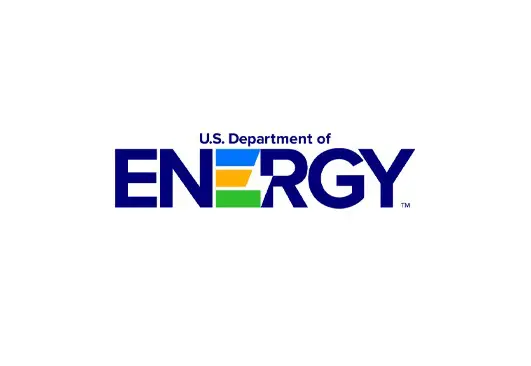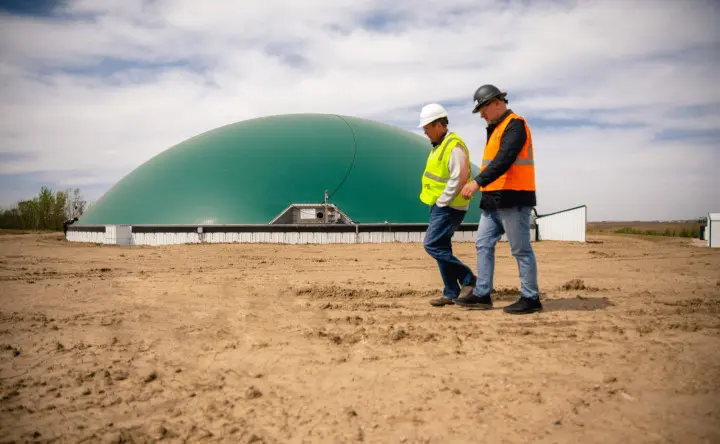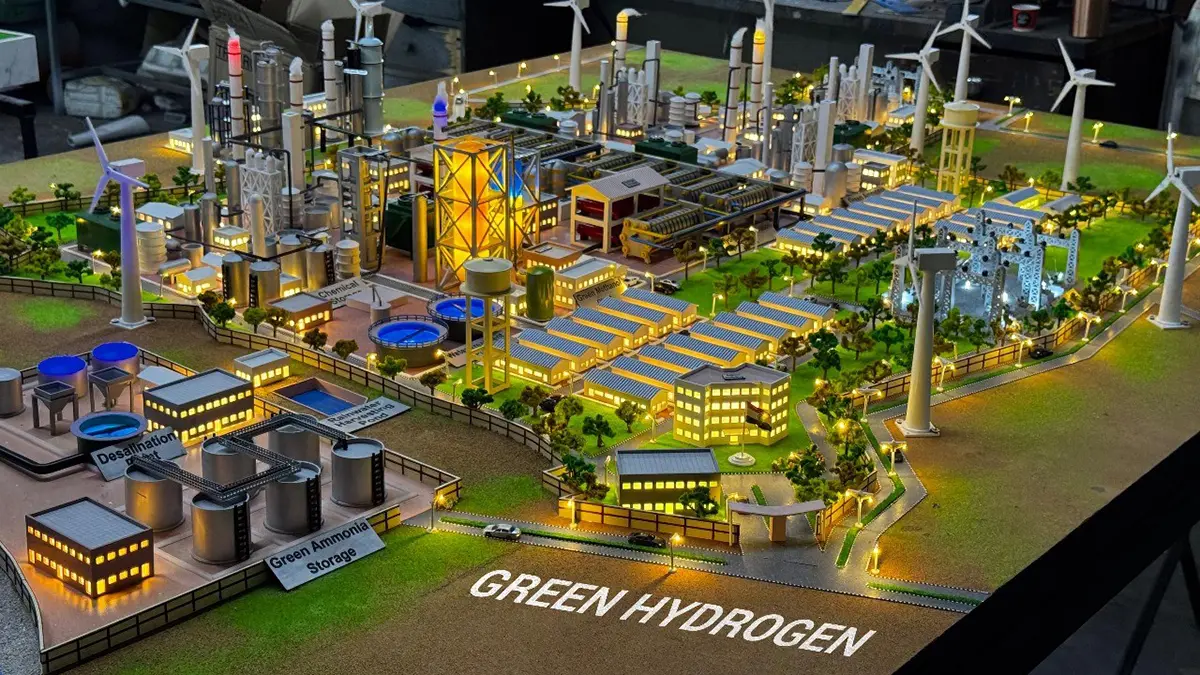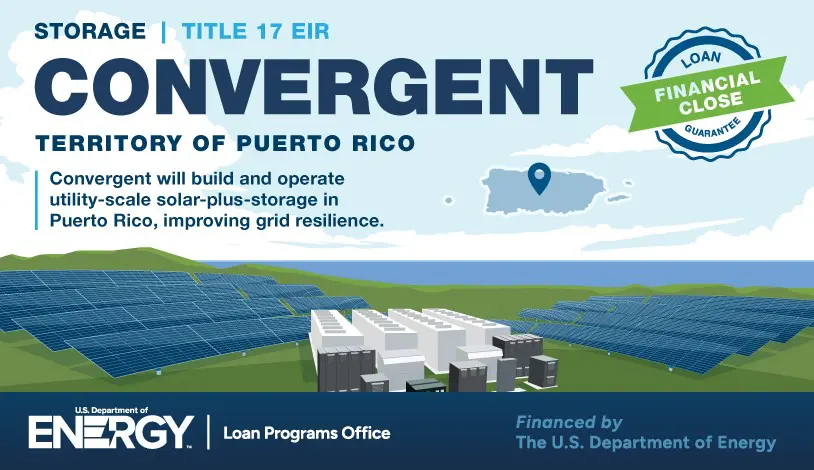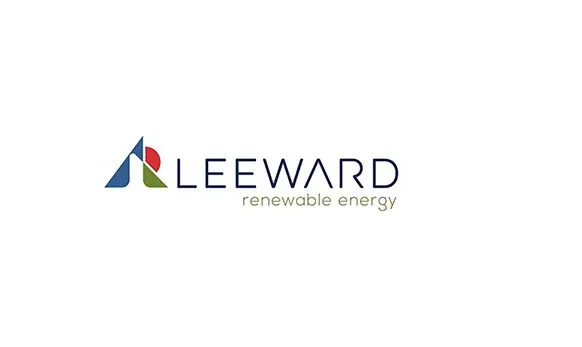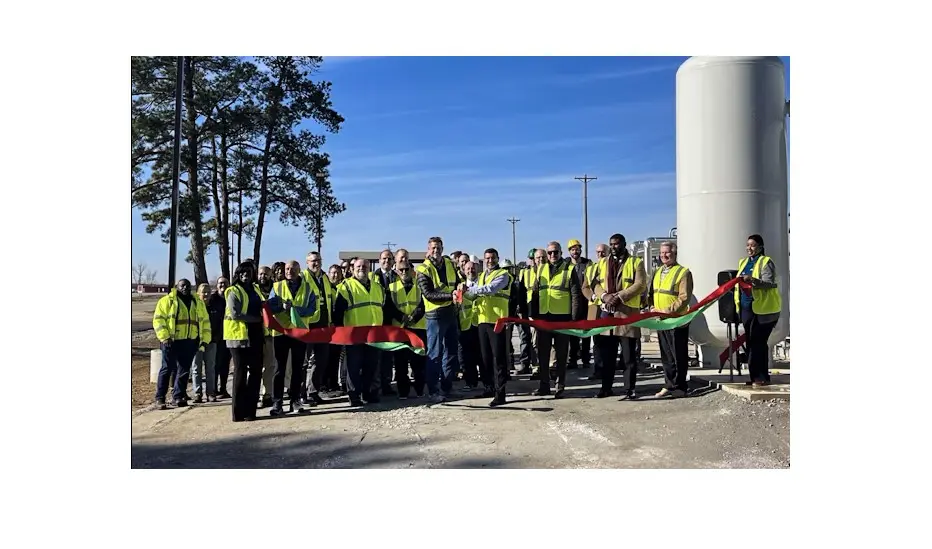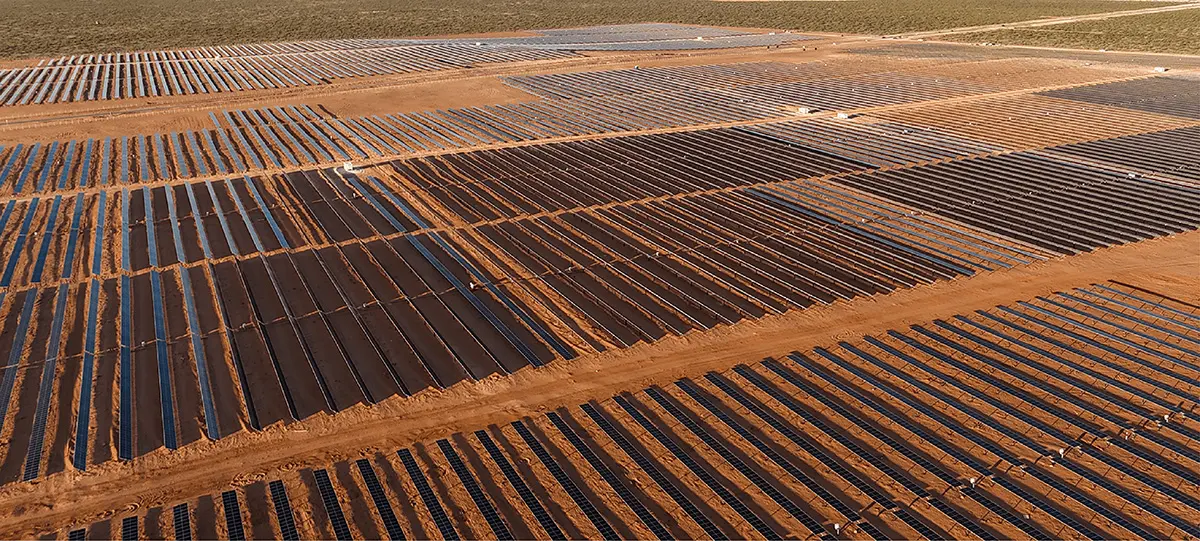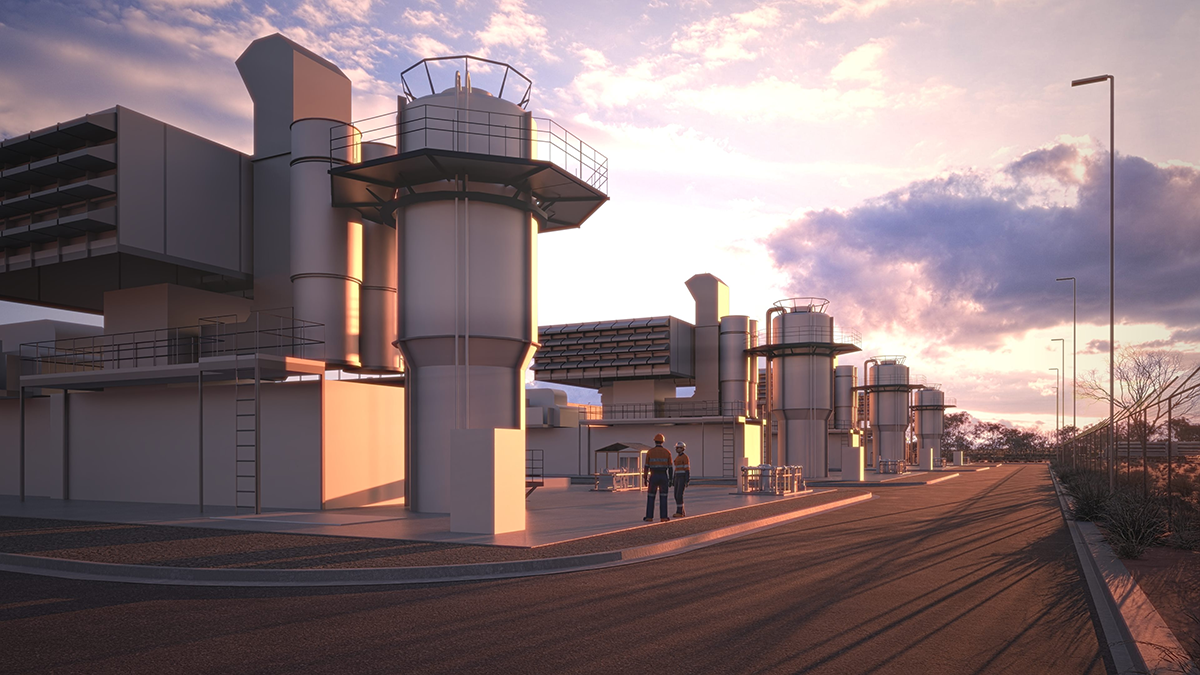
North America’s LNG Export Capacity To More Than Double By 2028
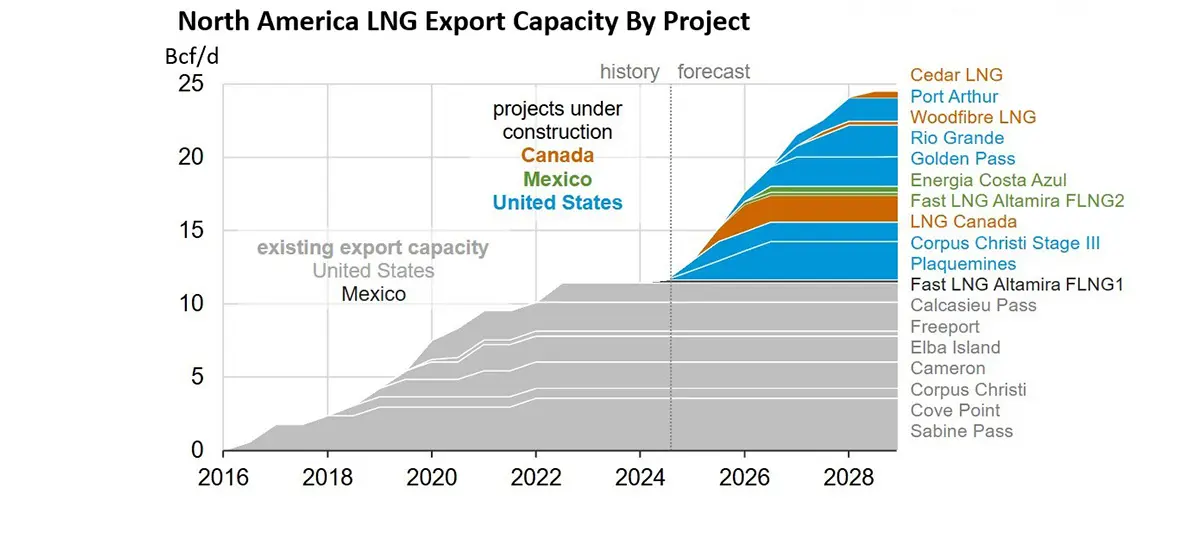
By B. Henry Henderson
The US Energy Information Administration (EIA) reports that North America’s liquefied natural gas (LNG) export capacity is on track to more than double by 2028, from 11.4 Bcf/d (322.8 x 106 m3/d) in 2023 to 24.4 Bcf/d (690.9 x 106 m3/d) in 2028. Assuming projects begin operations as planned, the EIA estimates that LNG export capacity will grow by 0.8 Bcf/d (22.6 x 106 m3/d) in Mexico, 2.5 Bcf/d (70.7 x 106 m3/d) in Canada, and 9.7 Bcf/d (274.6 x 106 m3/d) in the United States by 2028.
Mexico
In 2024, developers completed one of the two Floating LNG (FLNG) production units (FLNG1) of the Fast Altamira LNG project with a capacity of 0.2 Bcf/d (5.66 x 106 m3/d) and are currently constructing two projects with a combined LNG export capacity of 0.6 Bcf/d (16.9 x 106 m3/d) — Fast LNG Altamira FLNG2 offshore on Mexico’s east coast, and Energía Costa Azul, located on Mexico’s west coast.
Fast LNG Altamira consists of two FLNG production units, each with a capacity to liquefy up to 0.199 Bcf/d (5.63 x 106 m3/d) of natural gas, located off the coast of Altamira, in the state of Tamaulipas, Mexico. Natural gas from the United States delivered via the Sur de Texas-Tuxpan pipeline will supply these units. FLNG1 started production this summer, and the first LNG cargo from this facility was shipped in August 2024. The FLNG2 unit is still under construction.
The Energía Costa Azul LNG export terminal (0.4 Bcf/d [11.6 x 106 m3/d] export capacity) is located at the site of the existing LNG regasification import terminal in Baja California in western Mexico. Developers proposed an expansion of this project in Phase 2 by 1.6 Bcf/d (45.3 x 106 m3/d). This project will be supplied with natural gas from the Permian Basin in the United States.
Developers have proposed other LNG export projects, all for Mexico’s west coast, including Saguaro Energia LNG (2.0 Bcf/d capacity), Amigo LNG (1.0 Bcf/d [28.3 x 106 m3/d] capacity), Gato Negro LNG (0.6 Bcf/d capacity), Salina Cruz LNG (0.4 Bcf/d capacity), and Vista Pacifico LNG (0.5 Bcf/d [14.1 x 106 m3/d] capacity), with a combined capacity of 4.5 Bcf/d (127.4 x 106 m3/d); however, none of these projects have reached a final investment decision or started construction.
Canada
Currently, three LNG export projects with a combined capacity of 2.5 Bcf/d (70.7 x 106 m3/d) are under construction in British Columbia on Canada’s west coast. Developers of LNG Canada (1.8 Bcf/d [509 x 106 m3/d] export capacity) plan to start LNG exports from Train 1 in the summer 2025. Woodfibre LNG (export capacity 0.3 Bcf/d [8.4 x 106 m3/d]) targets the startup of LNG exports in 2027. Cedar LNG — an FLNG project with capacity to liquefy up to 0.4 Bcf/d — made a final investment decision in June 2024 and expects to start LNG exports in 2028. These projects will be supplied with natural gas from western Canada.
In addition, the Canada Energy Regulator has authorized four LNG export projects, including an expansion of LNG Canada, with a combined proposed LNG export capacity of 4.1 Bcf/d (116.09 x 106 m3/d).
United States
Five LNG export projects are currently under construction in the United States, with a combined export capacity of 9.7 Bcf/d (274.6 x 106 m3/d) — Plaquemines Phase 1 and Phase 2), Corpus Christi Stage 3 Liquefaction Project (CCL Stage 3), Golden Pass, Rio Grande Phase 1, and Port Arthur Phase 1.
In December 2024, Cheniere Energy’s CCL Stage 3 produced first LNG from Train 1. The commissioning process continues, and Cheniere expects substantial completion of Train 1 to be achieved at the end of the first quarter of 2025, over six months ahead of the guaranteed completion date. Upon substantial completion, Bechtel Energy Inc. (Bechtel) will transfer care, custody, and control of the completed train to Cheniere. Bechtel is handling EPC services for the project.
Full notice to proceed on CCL Stage 3 was issued to Bechtel by Cheniere in June 2022. CCL Stage 3 consists of seven midscale trains powered by Chart Industries technology with motor driven refrigeration compressors. Train 1 has an expected total production capacity of over 10 MTPA of LNG. As of November 30, 2024, overall project completion for CCL Stage 3 was 75.9%, which reflects engineering 96.8% complete, procurement 97.2% complete, subcontract work 87.7% complete, and construction 39.2% complete. Upon substantial completion of all seven trains of CCL Stage 3, the expected total production capacity of the Corpus Christi liquefaction facility will be over 25 MTPA of LNG.


